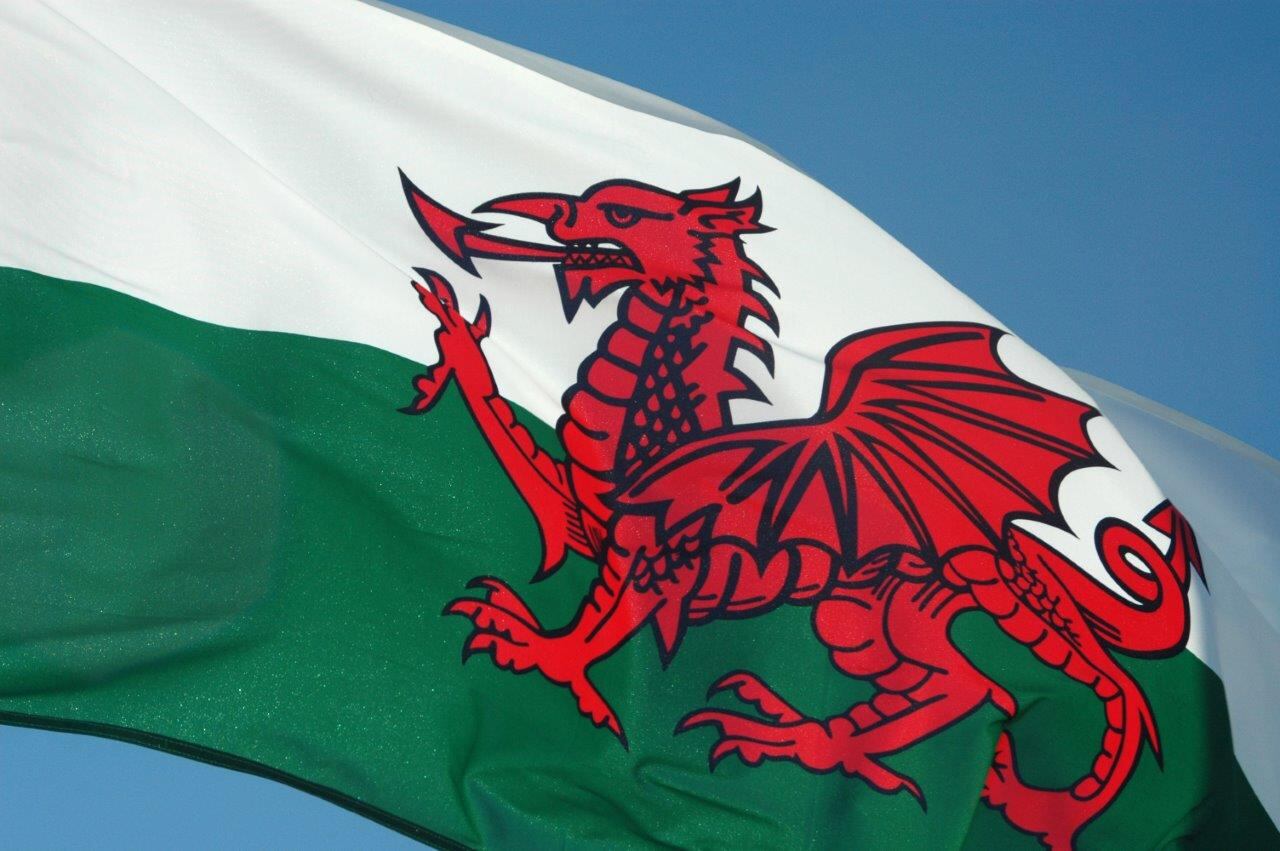In a joint letter issued today (23 September), the Minister for Environment, Energy and Rural Affairs Lesley Griffiths and Andy Richardson, chair of the Food and Drink Board (FDB) Wales, have warned food and drink businesses to prepare for a wide range of challenges after Brexit.
Challenges and changes could include access to raw materials, regulation, currency movements, cash flow and tariff policy, they said.
The joint letter signposts where businesses can seek advice, guidance and support and sets out eight ways businesses can prepare for the UK leaving the EU on 31 October.
Sources of advice include Business Wales, Preparing Wales, and the Cywain Project.
Case study: Halen Mon, The Anglesey Sea Salt Company
Halen Mon, The Anglesey Sea Salt Company was established in 1996 and has a Protected Designation of Origin (PDO).
The company has taken a thorough look at its supply chains and tried to mitigate any adverse effects on its business.
Alison Lea-Wilson, who runs the firm, said: “The EU is really important to us, not just for trade but for the PDO, too.”
She has urged other businesses to prepare in every way they can. “Look at your ingredients and packaging, don’t forget about your machinery,” said Lea-Wilson. “Check potential tariffs and labelling requirements. There is a lot of information out there – it’s just having the time and inclination to look at it.”
‘Prepare in every way they can’
Griffiths said: “We are strongly urging food and drink businesses to prepare in every way they can ahead of the day the UK is scheduled to leave the EU on 31 October.
“There is a raft of support, guidance and information available that can assist with the challenges confronting them in the aftermath of Brexit.”
Griffiths added that it was important businesses realised they could be affected regardless of whether they traded with the EU or not, as there were “likely to be a host of issues, some of them they might not have expected, to deal with”.
She said: “We’re in this together and that’s why we’ve teamed up with FDB Wales, so we can support businesses in every way we can as we prepare to leave the EU.”
31 October deadline looms
Andy Richardson, chair of FDB Wales, said: “As things stand the UK will leave the EU after 31 October.
“All Welsh food and drink businesses will be affected in some way and I want everyone to understand these impacts now and be as well prepared as possible.
“I understand that planning for Brexit can be vexing and a major distraction for many businesses, particularly smaller enterprises, but it has to be done, otherwise businesses may suffer.
“Help is at hand, with the advice highlighted in our joint letter, but you must act now to minimise the impact on your businesses. Think of planning for Brexit in four stages – supply chain, regulation, financial and advice.
“None of us know the outcome of Brexit, but that’s no excuse for not planning.”
Case study: Syren Shellfish

Nerys Edwards runs Syren Shellfish, a Pembrokeshire-based seafood company that buys live produce from approximately 50 fishers based in Wales, from Aberystwyth to Swansea.
Through the advice she has gained from Brexit-preparation websites, she believed her company was now ready for the changes that leaving the EU could bring.
“When you’re loading live shellfish, you’re very, very time-critical,” she said. “I’ve employed another staff member to enter the information from a remote office, which I can’t do when I’m landing on the quayside in the pouring rain, trying to do figures, grade fish and get them loaded.
“I take a photo of each fisher’s invoice, and send them to her by WhatsApp, so that she can upload them onto the computer and create the UK Catch Certificate. This then means I can get my Export Health Certificate, and my lorry can leave the quay.”
Edwards acknowledged that reading all the advice available was time-consuming, but worthwhile.
“I know it’s time-consuming, but it’s surprising, once you actually sit down and get your head around it all, it takes a bit of pressure off, because you know you’ve done your best to get ready,” she said.
Minister Lesley Griffiths added: “Halen Mon and Syren Shellfish have done brilliantly well ensuring they are prepared for the future, but we need others to follow their lead, so businesses can rely on the supply chain in their respective industry.”




